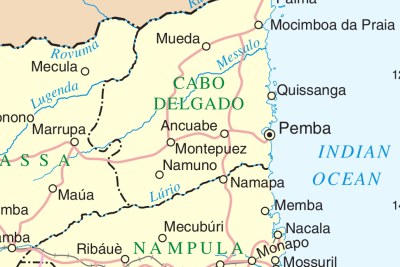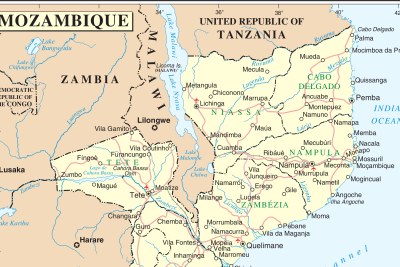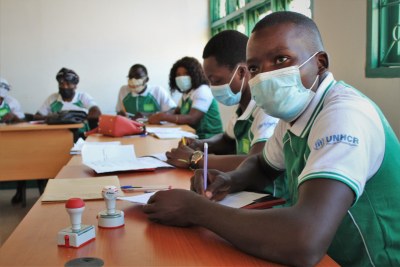-
Southern Africa: 'Progress Made to Silence the Guns' - SADC Summit Chair Geingob
SANF, 17 August 2023
The Southern African Development Community remains largely peaceful and significant progress has been made in the past year in "silencing the guns" although some challenges remain. Read more »
-
Southern Africa: 43rd SADC Summit - 'SADC Still Relevant,' - Tshisekedi
SANF, 17 August 2023
The Southern African Development Community has recorded significant milestones since its establishment in 1980 and continues to explore and implement initiatives to drive… Read more »
-
Southern Africa: High Level SADC Summit Takes Place Thursday in Luanda
ANGOP, 16 August 2023
Angola hosts Thursday the 43rd Summit of the Heads of State and Government of the Southern African Development Community (SADC), during which the country will take over the… Read more »
SADC to Extend Presence In Mozambique's Troubled Cabo Delgado
At the 43rd SADC Summit hosted by Angola, it was decided that the southern African region will continue its troop presence in Mozambique's Cabo Delgado.
"This is to ensure that the gains made are sustained, as well as support the government to assume an increasing role to take full ownership and management of the process beyond the mandate of the Southern African Members in Mozambique (SAMIM)", SADC chair and Namibian President Hage Geingob said.
The Southern African Developing Countries (SADC) consists of Angola, Botswana, Comoros, DR Congo, Eswatini, Lesotho, Madagascar, Malawi, Mauritius, Mozambique, Namibia, Seychelles, South Africa, Tanzania, Zambia and Zimbabwe.
Cabo Delgado remains deep in crisis almost five years after extremist violence began in the region. Since October 2017, Cabo Delgado has come under attack by militants - causing death of more than 3,000 people and displacing over 850,000 others - leading to a humanitarian crisis. The attacks - many of which were accompanied by atrocities - included beheadings and the destruction of public and private infrastructure.
AllAfrica wrote in June 2023 that civilians in Cabo Delgado face a difficult choice: they risk being seen as collaborators by state forces if they interact with insurgents, but those same forces provide limited protection against insurgents. The future of Cabo Delgado remains uncertain, but it is clear that the insurgency is a complex problem with no easy solutions.
The SADC has also made a decision to deploy a SADC Mission to the DRC (SAMIDRC), in addition to SADC forces already deployed in the country as part of the United Nations Organization Stabilization Mission in the DRC (MONUSCO).
InFocus
-
To help put an end to the insurgency in Cabo Delgado, Mozambique's Defense Minister Cristovao Chume has for the first time requested foreign military troops stationed there to ... Read more »
-
Swiss President Alain Berset will visit the troubled Cabo Delgado province this week during a trip to Mozambique and Botswana. His visit comes in the year Switzerland assumed Read more »
-
As thousands of Mozambicans displaced by the war in the northern Cabo Delgado province return home, the prospects of aid to address the under-development which has fuelled the ... Read more »






